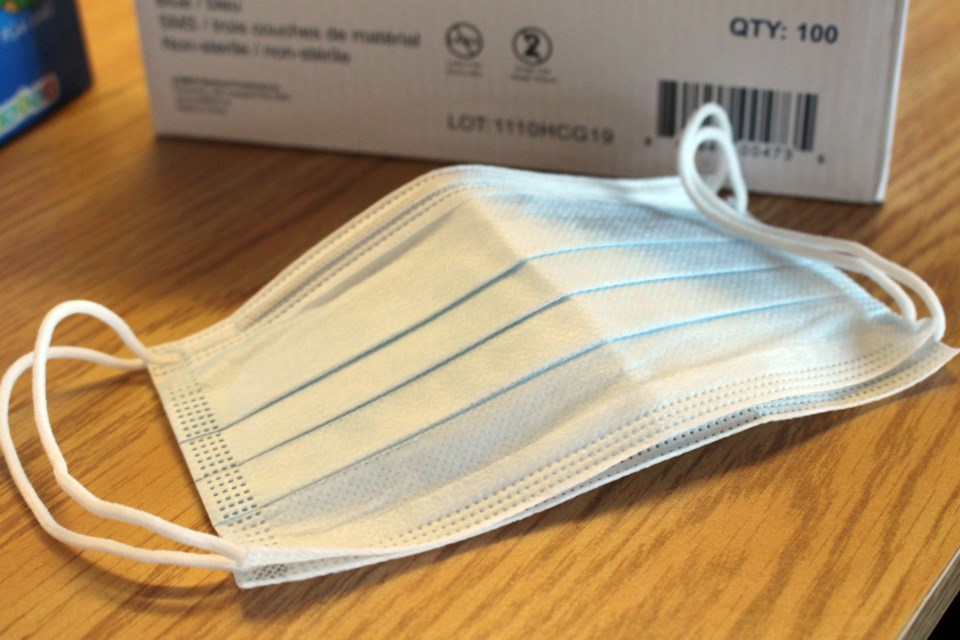BONNYVILLE – Lakeland residents have a higher chance of catching the flu than the coronavirus, according to Alberta’s Chief Medical Officer of Health.
During a press conference on Thursday, Jan. 30, Dr. Deena Hinshaw reiterated that there have been no probable or confirmed cases of the disease in the province.
“To-date, there have been (four) confirmed in Canada,” she detailed. “There’s been (three) in Ontario and one in British Columbia. The cases that have been in Canada are all travel-related, and measures have been taken to isolate them and prevent the infection from spreading.”
The coronavirus causes flu-like symptoms, including a cough, fever, and difficulty breathing. There’s currently no vaccine and there have been cases resulting in death.
The first recorded case for the outbreak was in Wuhan, China in December 2019. On Jan. 30, the World Health Organization (WHO) announced the coronavirus is a public health emergency of international concern.
There have been over 8,000 confirmed cases of the coronavirus worldwide, and 170. The disease can be transmitted from person-to-person, and most have been a result of someone traveling to Wuhan or coming into contact with someone who’s been there.
Hinshaw explained there were two main reasons why WHO made the announcement.
“In countries where travel-related cases have been identified, there have been several cases of others spread within that country. That’s all within close contact and it’s been quickly identified and measures have been taken to deal with those infections.”
She continued, “There are many countries in the world that don’t have the same kind of robust healthcare system that we have in Canada, and so the risk to those countries if they have imported cases would be higher than if we had an imported case in Canada.”
Hinshaw stressed the announcement has little impact on Albertans, and they will continue to work closely with the Public Health Agency of Canada and their partners in other provinces and territories on their next steps.
“In terms of what it means for their everyday life right now, it doesn’t change anything really because what it is really is to signal that we need to raise that level of alert for international coordination,” she detailed during the press conference. “It doesn’t change the risk to Albertans today. It signals that we need to ensure we’re prepared in case the situation changes, and so Albertans don’t need to change anything in their day-to-day life right now.”
Alberta Health activated Level 2 protocols, which is when there’s a potential significant disruption to a community, as a precaution after a third case was confirmed in Ontario. The risk of someone contracting coronavirus remains low, and the Jan. 31 announcement simply allows easier ommunication between agencies and prompt responses to occur when needed.
Hinshaw told the Nouvelle at this point, someone in Alberta is more likely to catch influenza than the coronavirus.
“That’s the virus people are most likely to come into contact with as they’re out in their daily routines. There’s other common viruses, such as viruses that cause the common cold, that could be out there as well… The good thing is that the measures we recommend people take to protect themselves from those common viruses would also help limit people’s exposure to coronavirus. Things like washing your hands regularly, not touching one’s face or eyes with unwashed hands, to protect others by staying home if they’re feeling sick, and to cover one’s mouth when they sneeze or cough to make sure that we’re protecting those around us.”
If anyone believes they may have coronavirus, or have been in proximity with someone who’s showing symptoms, Hinshaw encouraged them to call Healthlink at 811.



